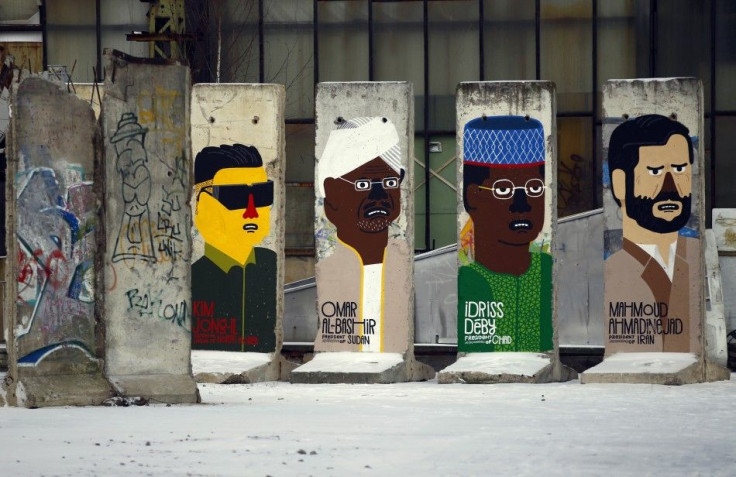Why Are We Choosing Socialism?
Opinion

America is in the process of embracing certain failure. We have a president who appears enraptured by the European economic model as Europeans themselves are facing the reality of its ashes and despair.
The world's experiment with communism or socialism, call it what you might, suffered a serious blow on Christmas Day 1991, when the Soviet Union declared its own demise and became Russia again. In the previous couple of years, several Eastern European countries (Poland, Yugoslavia, Albania, Hungary, Bulgaria, Czechoslovakia, and Romania) had regained their sovereignty. Karl Marx's and Friedrich Engels' dictatorship of the proletariat was shown to be a foolish dream for any unprejudiced individual. The Soviet Union's death ended a fearful era.
During the so-called Cold War, the world had divided into political camps. In every single case, people who lived in capitalistic economies were freer, far more productive, and lived at much higher standards than their suppressed socialist neighbors.
The continent of Europe was divided into east (slave) and west (free). Germany was divided into east and west sectors. The east slave, the west free. Germany's capital, Berlin, was also divided into east and west sections. At night, anyone could see the difference in the quality of life. West Berlin had music, plays, culture, lights and busy streets. In stark contrast, East Berlin was pitch black and lifeless except for military posts. Eventually, anyone who could escape did.
The more affluent East Berliners -- the doctors, lawyers, professors, etc. -- left in droves. The Soviet Union couldn't stop the intellectual bleeding, so they built a wall through the middle of the city -- at times right through buildings -- dividing enslaved Berliners from their free countrymen. That wall testified to the Kremlin's inability to bring folks joy and success.
Across the globe, the same thing was happening in China and Japan; one captive and one free. I lived in Japan, a prosperous and free society, in the 1980s. In December of 1983, I toured five Chinese cities with the University of Maryland. The Chinese air pollution was beyond belief.
Upon entering the country, we were given money that could only be spent in friendship stores. Friendship stores were very Western; they reminded me of Sears Roebuck department stores. Every one of them was immaculate with a well-displayed, large inventory; abundant lighting; an accommodating, friendly staff; and a comfortable temperature. Although I couldn't buy anything in the local economy, I wanted to see what the regular stores looked like, so I went in a few.
One store had only one coat hanging on a rack and three pairs of shoes on an unpainted shelf. The store was filled with heavily coated, quiet individuals who were just milling around. I saw no one buying anything. No local store that I visited had heat or lighting. Clearly, friendship stores were an anomaly, not the real China.
North Korea and South Korea provide another illustration. I spent some time in South Korea, another prosperous and free society. On two occasions, I went on tours to Panmunjom and peered into North Korea. On the south side of the border, there was a small, self-sustaining community. Just north of the border, there was a rather large set of two and three-story, unpainted buildings surrounded by dirt roads. At the corner of the property, an enormous North Korean flag flew from a tall flagpole. But the buildings were unoccupied; no one had ever lived in them. The impressive display was a total sham.
Yet another example is North Vietnam and South Vietnam, the North communist and the South capitalist. The only thing the North excelled at was military conquest. Free folks tend to prefer enjoying life as opposed to killing their neighbors. Because the North had the will to kill, and had nothing else to live for, Saigon is now called Ho Chi Minh City.
Cubans in Florida lived more prosperous lives than their oppressed brothers and sisters under Castro.
Time and again, every communist/socialist society has failed to deliver on the utopian promises. Why are we Americans so foolish as to believe our experiment with guaranteed failure will be different?
Walt Osterman is the author of Not Home Yet: A Tale Concerning Israel's Rebirth. He served in Vietnam and is a Bronze Star recipient. He lives in Wyoming.
© Copyright IBTimes 2024. All rights reserved.





















